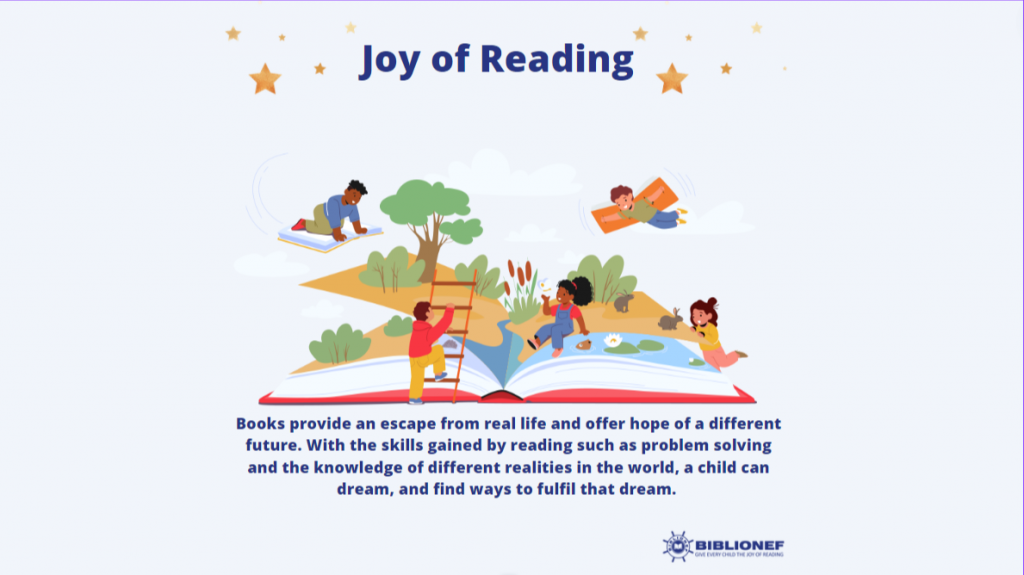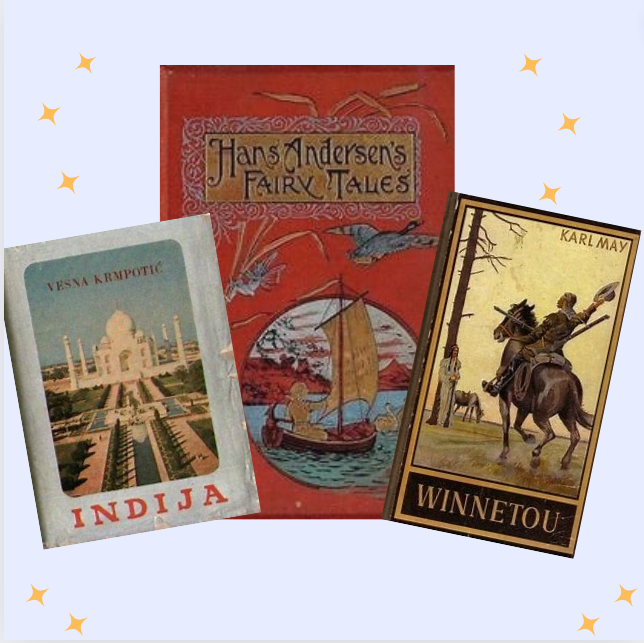Nurturing Minds and Hearts: The Joy of Reading and Its Impact on Children
The joy of reading is like a treasure chest, especially when introduced to children at a young age. The world of literature offers not only an escape from reality but also a profound impact on a child’s intellectual, emotional, and social development. In this article, we will explore the ways in which reading affects children and how it ignites the sparks of imagination, empathy, and lifelong learning.
Fostering Imagination
For children, reading is like a magic carpet that transports them to far-off lands, whimsical worlds, and incredible adventures. The pages of a book are a gateway to a realm where their imaginations run wild, unburdened by the constraints of reality. Whether they are embarking on a fantastical journey with wizards and dragons or exploring the inner workings of a busy beehive, reading sparks creativity and curiosity.
Language Development
Reading is the cornerstone of language development in children. Exposure to a wide range of vocabulary and sentence structures through books enhances their communication skills. The more children read, the more they learn about grammar, syntax, and storytelling techniques. This linguistic foundation extends well beyond reading and positively impacts their writing and speaking abilities.
Cognitive Growth
Books are vessels of knowledge and ideas. When children engage with stories, they are exposed to new concepts, problem-solving scenarios, and a variety of perspectives. Reading encourages critical thinking, as young readers must decipher plots, predict outcomes, and connect the dots between characters and events. These mental exercises promote cognitive growth and better equip children to face academic and real-world challenges.
Empathy and Emotional Intelligence
Stories often revolve around characters facing dilemmas, making choices, and experiencing a range of emotions. Through reading, children gain insights into the lives and feelings of these characters. This window into others’ experiences fosters empathy and emotional intelligence. Children learn to relate to the joy, sorrow, and challenges that characters face, which can extend to their understanding of real-life situations and relationships.
Social Interaction
Reading is not a solitary activity for children alone. It can be a shared experience between parents, teachers, and friends. Reading aloud to a child, participating in book clubs, or engaging in discussions about books can be social activities that strengthen bonds and encourage dialogue. These interactions contribute to building a sense of community and a shared appreciation for the written word.
Lifelong Love for Learning
The joy of reading instils a love for learning that lasts a lifetime. Children who develop a reading habit tend to seek knowledge and enjoyment through books, whether it’s for education or personal growth. This foundation equips them with the tools needed to be self-motivated learners, curious individuals, and informed citizens.
The joy of reading is a gift that keeps on giving, and its impact on children is immeasurable. From the earliest years of childhood, the magic of books nurtures the imagination, enriches language skills, fosters cognitive growth, encourages empathy, and promotes a lifelong love for learning. As parents, educators, and caregivers, it is our responsibility to introduce and cultivate the habit of reading in children. By doing so, we provide them with a boundless world of knowledge, emotions, and experiences to explore, ensuring a brighter future for our young readers and the world they will one day shape.


